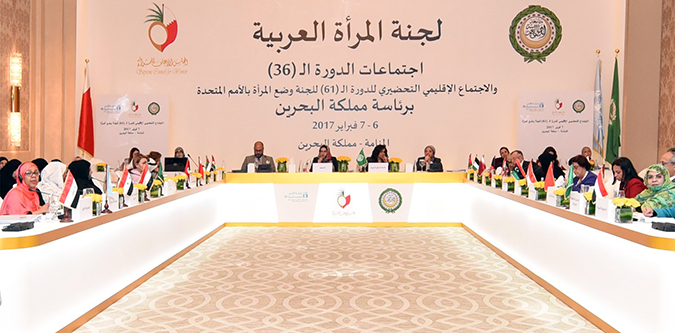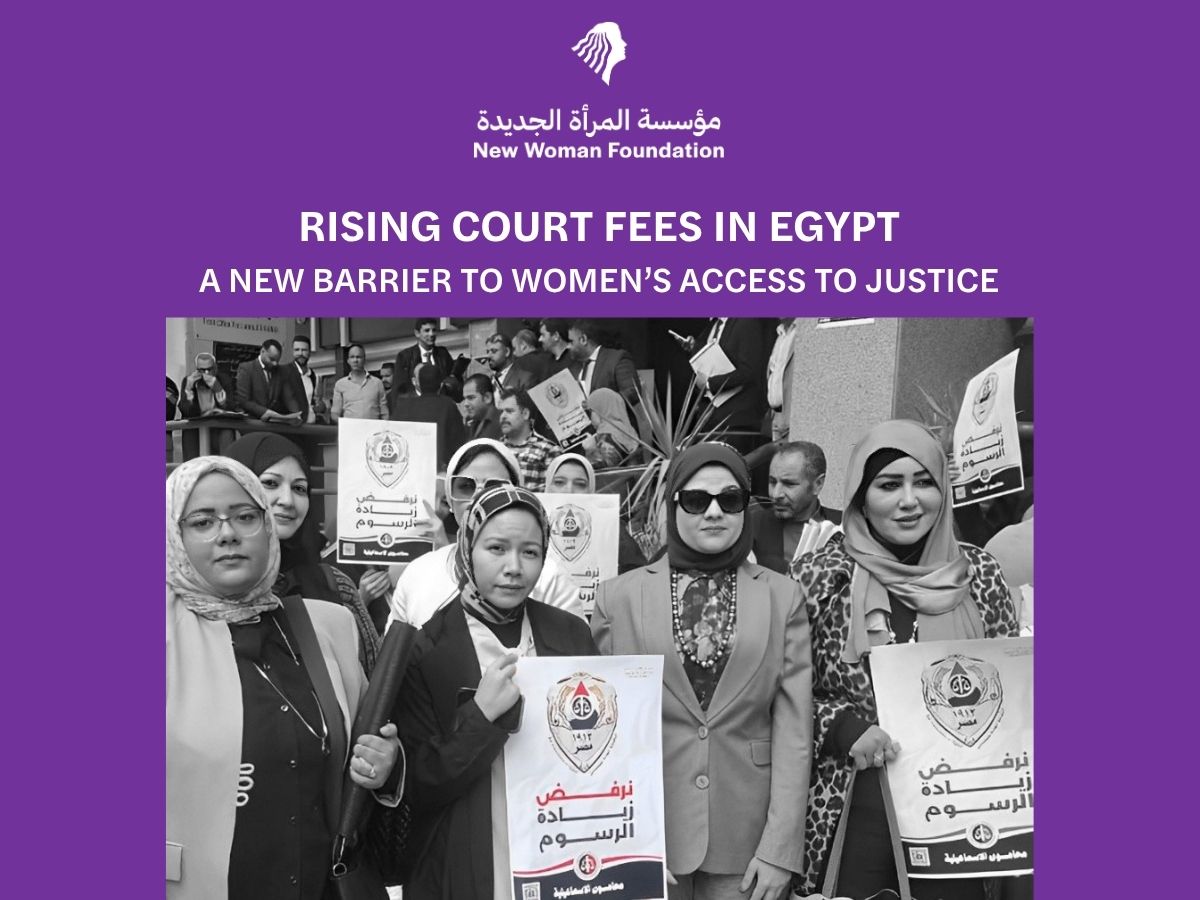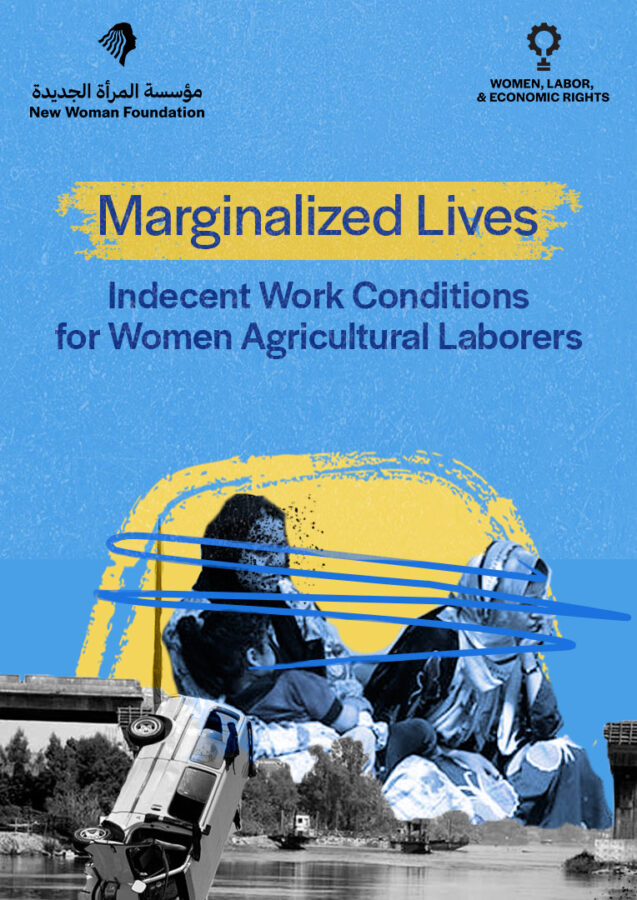- Contact Us
- 0020233382706
- nwrc@nwrcegypt.org
Arab States build consensus on accelerating women´s economic empowerment ahead of CSW
By UN WOMEN : Ahead of the UN Commission on the Status of Women, governments of the Arab States region met to prepare a common position on women’s economic empowerment, with emphasis on equal pay for work of equal value, women’s entrepreneurship and harnessing the power of technology and innovation for women’s empowerment.
UN Women, in partnership with the Arab League and the Supreme Council for Women in Bahrain organized an Arab region intergovernmental consultation in preparation of the 61st session of the Commission on the Status of Women (CSW61) on 7 February. The pre-CSW consultation, presided over by the Secretary General of the Arab League, Ahmed Aboul Gheit, gathered ministers and government officials from seventeen countries in the region to formulate a united position for the upcoming CSW61 to be held at the UN Headquarters in New York from 13 – 24 March.
During the course of the consultations, Fatma Al Zahraa Hassan from the Permanent Mission of the Arab Republic of Egypt and Vice-Chair of CSW61, emphasized the value of a strong Arab position in the negotiations. Under the facilitation of Hala Al-Ansari, Secretary General, Supreme Council for Women in Bahrain; Inas Mekkawy, Head of Women, Family and Childhood Department, Arab League and Mohammad Naciri, UN Women´s Regional director for Arab States, Member States discussed women´s economic empowerment in a changing world of work.
Speaking at the meeting, Mohammad Naciri, UN Women´s Regional director for Arab States, noted: “Women´s economic empowerment is integral to women´s active engagement in social and public life, and while the Arab region has made tremendous progress, there is still much to be achieved, in a region that truly has an opportunity to pioneer and champion this area.”
Member states agreed on a common position, outlining 20 key points that they will take to the CSW61 outcome negotiations in New York, including recognizing the importance of equal pay for work of equal value, and harnessing technology and innovation to accelerate women´s economic empowerment.
The common position calls for policies that better promote gender equality and women´s empowerment, protect women in the workplace, and support the development of women´s businesses and leadership of women in labor unions. Furthermore, Member States called for better monitoring of the informal labor sector and encouraged businesses to adapt the women´s economic empowerment principles. They also agreed to work on policies to ensure that women have access to and control over resources, including land, access to credit and financing.
In her closing remarks H.E Hala Al Ansari congratulated the delegations for reaching common conclusions, and for uniting around a common goal of furthering women´s economic empowerment in the Arab region.




